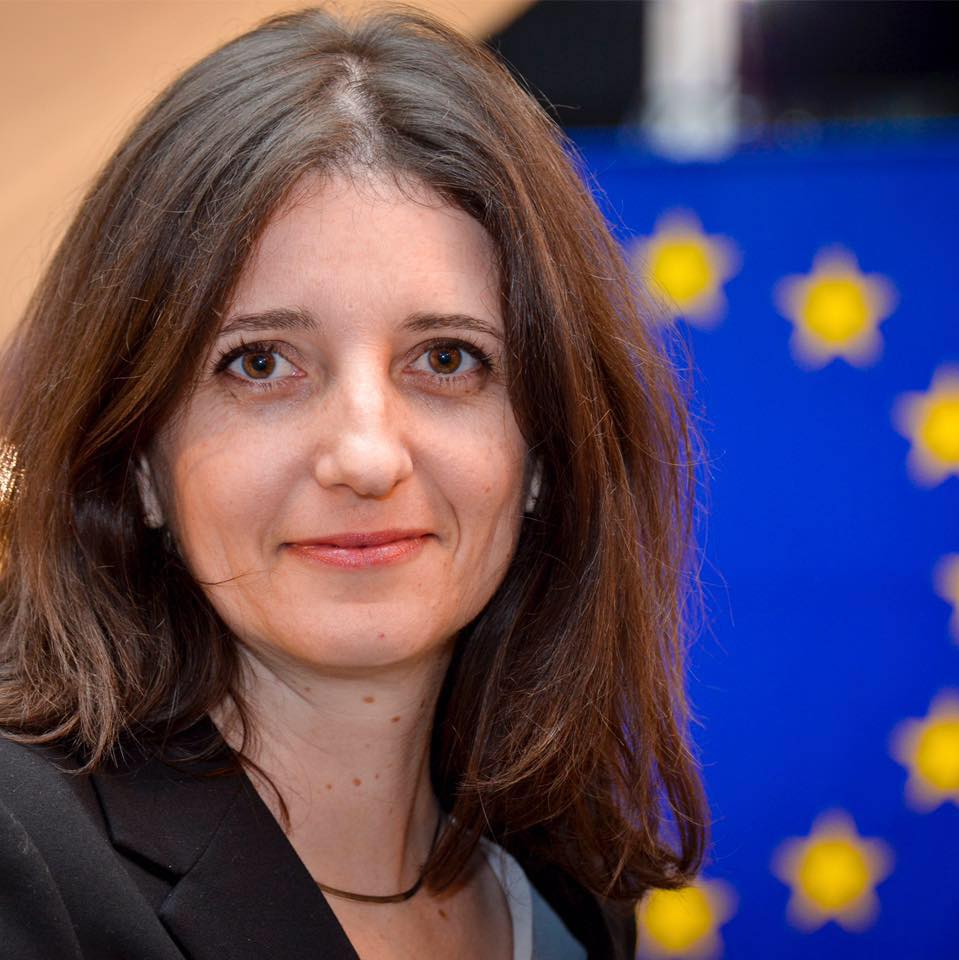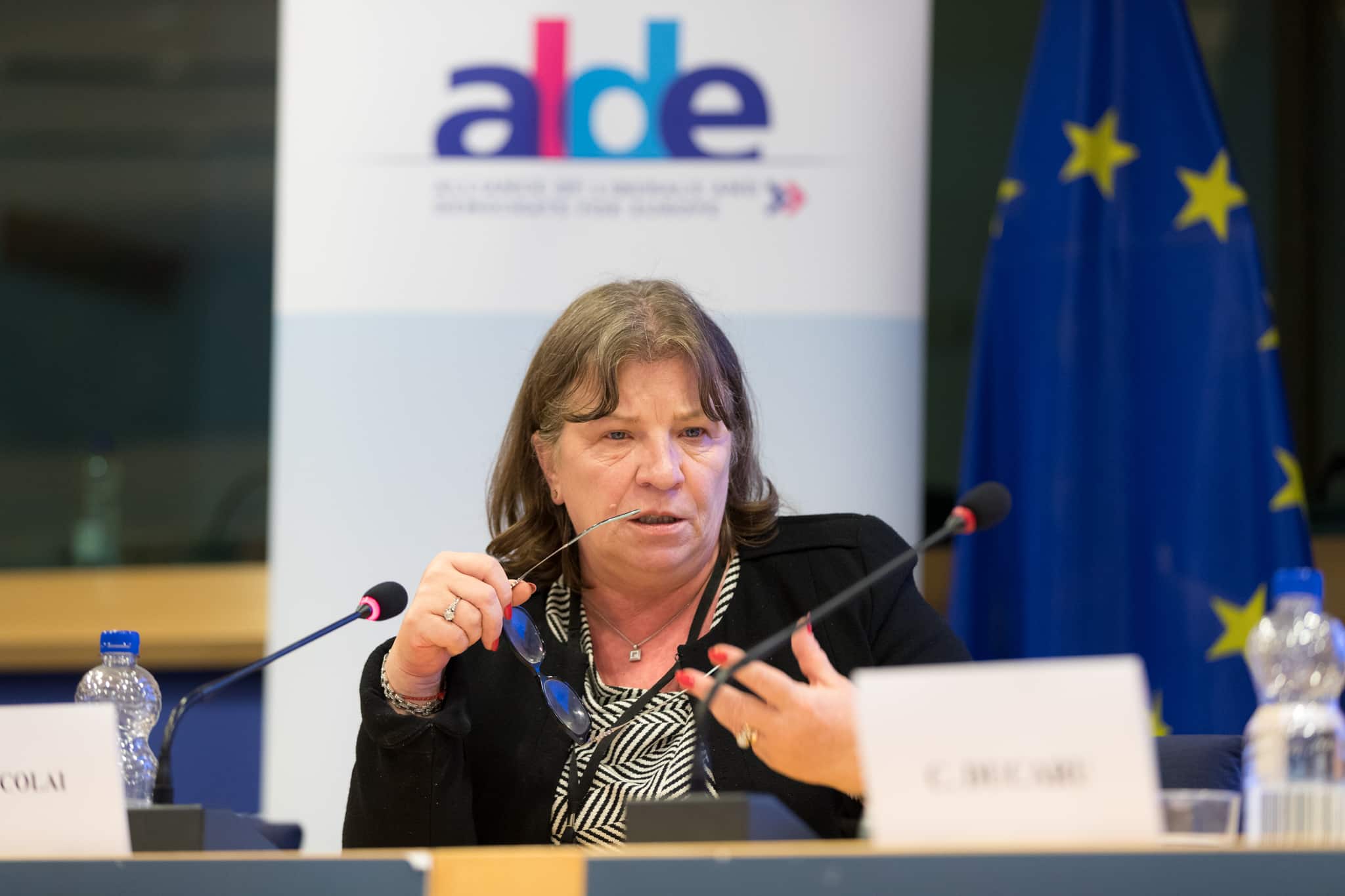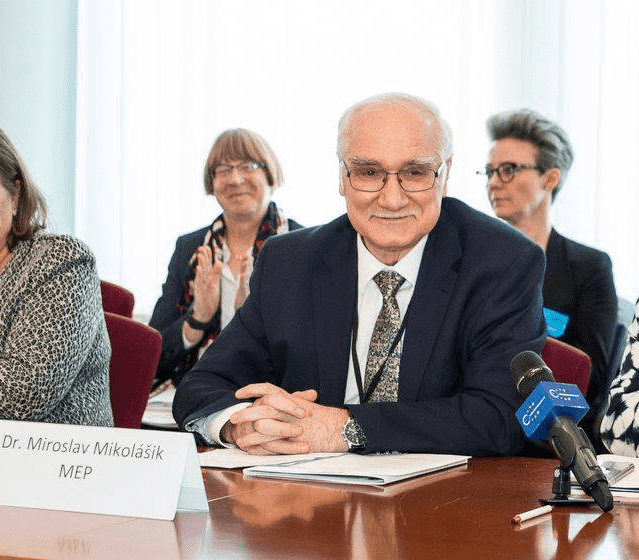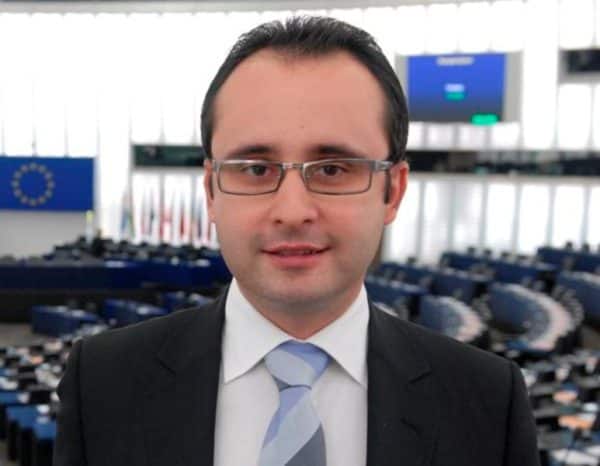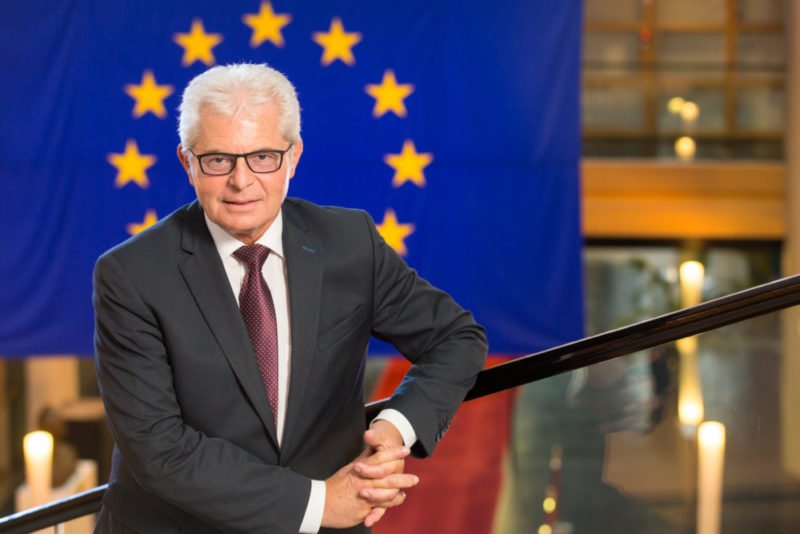The European Medicines Agency (EMA) is a decentralised agency of the European Union (EU), located in London, United Kingdom. The Agency is responsible for the scientific evaluation of medicines developed by pharmaceutical companies for use in the EU. It began operating in 1995. The European Medicine Agency reports to the European Commission.
The EMA is responsible for:
- Evaluation of marketing authorisation for human applications submitted by pharmaceutical companies;
- Coordination of European pharmacovigilance (i.e. the monitoring of medicines on the market;
- Provision of scientific advice on the development of medicines;
- Evaluation of applications for orphan designation in the EU;
- Evaluation of paediatric investigation plans (PIP);
- Provision of good quality and independent information on the medicines it evaluates to patients and health professionals;
- Coordination of Member States’ inspections for Good Manufacturing Practice, Good Clinical Practice and Good Laboratory Practice.
At the moment medicinal products in the EU can either be licensed via the centralised procedure (which goes through the EMA) or via the mutual recognition or decentralised procedure. The decision on how to proceed for the marketing authorisation of a medicinal products is up to the product’s sponsor (i.e. the pharmaceutical company or other organisation developing the product) and often depends on the sponsor’s marketing strategy. Products that undergo centralised procedure have automatic access to all 28 EU Member States as well as the European Economic Area (EEA) countries: Iceland, Liechtenstein and Norway. It is important to note that the EMA does not deal with the reimbursement of these products but only ensures that these medicines are safe to be placed on the market and used by EU patients. The EMA also ensures that products are accompanied by the correct information such as the Summary of Product Characteristic (SmPC), labelling and package leaflet. Once medicinal products receive a positive opinion from the EMA to be marketed in the EU, it is then up to the European Commission to make the decision final and officially grant marketing authorisation. After a medicinal product receives a marketing authorisation, the company will start negotiating with local authorities regarding pricing and reimbursement. Currently, pharmaceutical companies that develop a product and receive a centralised marketing authorisation have no obligation to put their product on all European markets.
The centralised procedure is generally used to seek marketing authorisation for novel active substances or innovative medicines that have a significant improvement in terms of the therapeutic, scientific or technical aspect. As the centralised procedure is considerably more expensive than the decentralised procedure or the mutual recognition, pharmaceutical companies usually decide to seek marketing authorisations for generic medicines and new indications for existing medicines through these two procedures.
The EMA can grant three types of approvals:
- Normal – with comprehensive data.
- Exceptional circumstances – the comprehensive data is not available and therefore cannot be provided due to rarity, medical ethics or state of scientific knowledge.
- Conditional approval – the comprehensive data is not available and should be provided after approval. This is only accepted in cases of orphan drugs, emergency threats and serious and life-threatening diseases. This type of approval is valid for one year and is renewable.
The EMA’s work is carried out by various committees and working groups composed of more than 4,500 national experts.



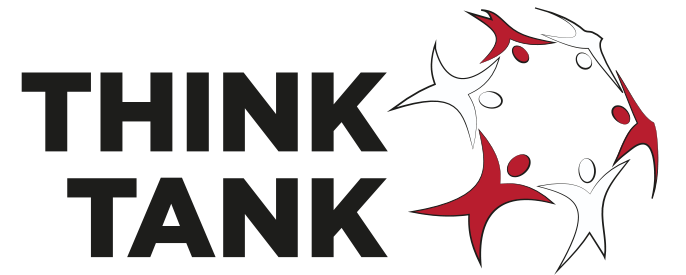
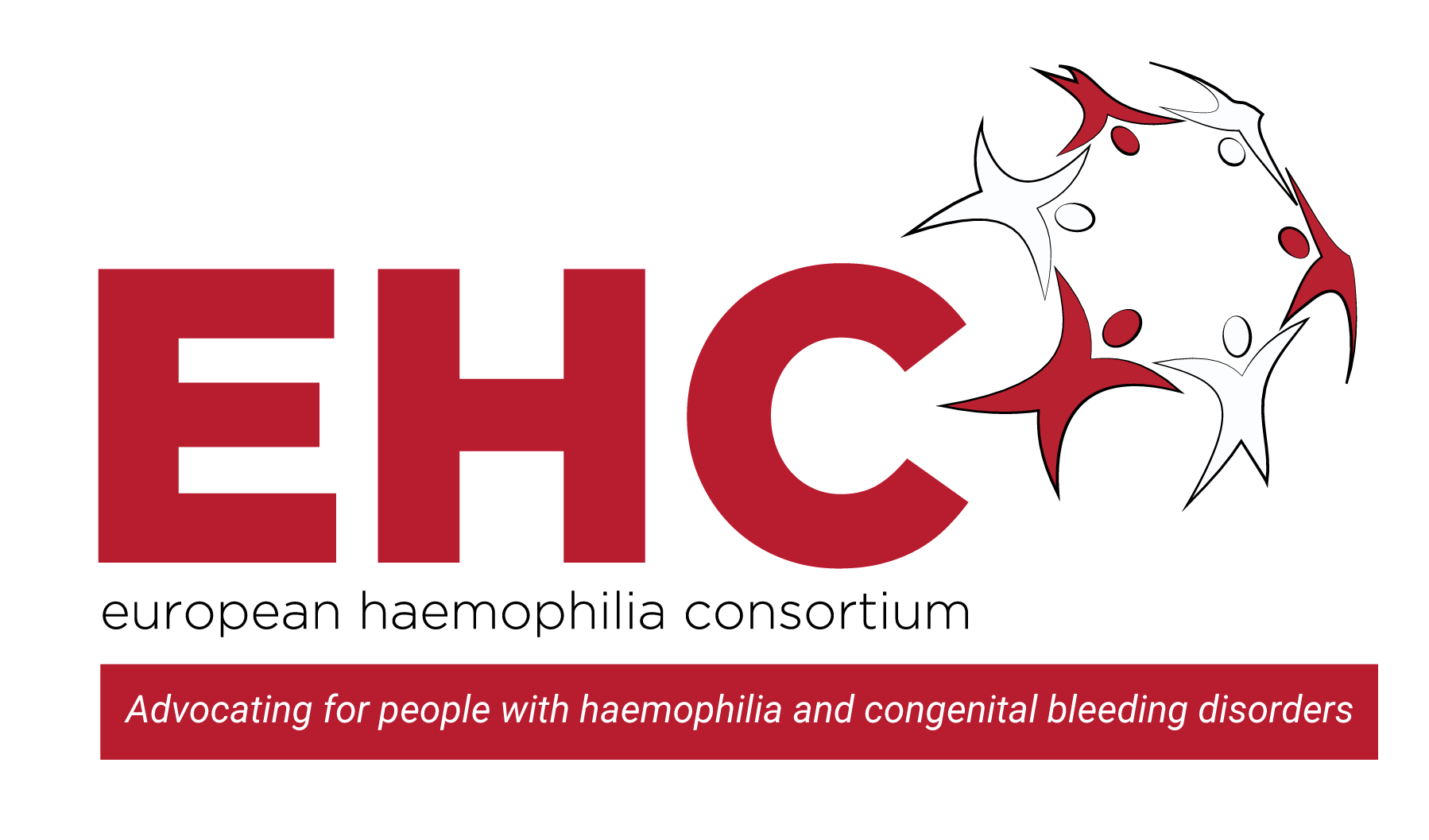
 Jim is aged 66 and has Haemophilia A with a high titer inhibitor which he developed at age 14.
Jim is aged 66 and has Haemophilia A with a high titer inhibitor which he developed at age 14. Maria Elisa Mancuso (MD, PhD) is a Haematologist and works as a Senior Haematology Consultant at the Center for Thrombosis and Haemorrhagic Diseases of IRCCS Humanitas Research Hospital in Rozzano, Milan, Italy. She is Adjunct Clinical Professor at Humanitas University. She obtained a post-degree in Clinical and Experimental Haematology and a PhD in Clinical Methodology. She is involved in clinical research and has published several original articles in peer-reviewed journals a The Lancet, Blood, Journal of Thrombosis and Haemostasis, Haematologica, Thrombosis and Haemostasis, British Journal of Haematology and Haemophilia. She is reviewer for several peer-reviewed journals and member of the Editorial Board of JTH. She is a member of several scientific societies (ISTH, WFH, ASH, EAHAD, SISET, AICE) and was a medical member of the Inhibitor Working Group of the European Hemophilia Consortium. She is co-chair of the ADVANCE Study Group. She has acted also as co-chair of the Scientific and Standardization Subcommittee of ISTH on FVIII, FIX and rare bleeding disorders. She has been involved as principal and co-investigator in several clinical trials, and she takes care of both children and adults with hemophilia and other congenital bleeding disorders with a specific scientific interest in novel therapies, prophylaxis, inhibitors, and chronic hepatitis C.
Maria Elisa Mancuso (MD, PhD) is a Haematologist and works as a Senior Haematology Consultant at the Center for Thrombosis and Haemorrhagic Diseases of IRCCS Humanitas Research Hospital in Rozzano, Milan, Italy. She is Adjunct Clinical Professor at Humanitas University. She obtained a post-degree in Clinical and Experimental Haematology and a PhD in Clinical Methodology. She is involved in clinical research and has published several original articles in peer-reviewed journals a The Lancet, Blood, Journal of Thrombosis and Haemostasis, Haematologica, Thrombosis and Haemostasis, British Journal of Haematology and Haemophilia. She is reviewer for several peer-reviewed journals and member of the Editorial Board of JTH. She is a member of several scientific societies (ISTH, WFH, ASH, EAHAD, SISET, AICE) and was a medical member of the Inhibitor Working Group of the European Hemophilia Consortium. She is co-chair of the ADVANCE Study Group. She has acted also as co-chair of the Scientific and Standardization Subcommittee of ISTH on FVIII, FIX and rare bleeding disorders. She has been involved as principal and co-investigator in several clinical trials, and she takes care of both children and adults with hemophilia and other congenital bleeding disorders with a specific scientific interest in novel therapies, prophylaxis, inhibitors, and chronic hepatitis C. As a patient with factor II deficiency, the diagnostic and treatment of rare bleeding disorders is a matter dear to my heart. My motivation to participate in the work of the ERIN committee is to improve both diagnostic and treatment for patients with rare bleeding disorders across Europe.
As a patient with factor II deficiency, the diagnostic and treatment of rare bleeding disorders is a matter dear to my heart. My motivation to participate in the work of the ERIN committee is to improve both diagnostic and treatment for patients with rare bleeding disorders across Europe. Economist and financial expert by profession, executive coach and trainer by passion and haemophilia advocate by every drop of my blood through my son (who has severe haemophilia A with inhibitors). Bringing a good decade of practical experience from the corporate insurance world, laser focus, growth mindset and resilience from my own experience, offering you anything I can just do, in hope that together we can make life more fulfilled for those impacted by bleeding disorders.
Economist and financial expert by profession, executive coach and trainer by passion and haemophilia advocate by every drop of my blood through my son (who has severe haemophilia A with inhibitors). Bringing a good decade of practical experience from the corporate insurance world, laser focus, growth mindset and resilience from my own experience, offering you anything I can just do, in hope that together we can make life more fulfilled for those impacted by bleeding disorders. Amy Owen-Wyard is a Registered Mental Health Nurse. With experience working with children, young people, their families and adults with severe and enduring mental health conditions. Amy was also involved in a service improvement to provide a holistic care approach for those in general hospitals to support both their mental and physical health, whilst sharing her expertise and knowledge in mental health with the wider multidisciplinary team.
Amy Owen-Wyard is a Registered Mental Health Nurse. With experience working with children, young people, their families and adults with severe and enduring mental health conditions. Amy was also involved in a service improvement to provide a holistic care approach for those in general hospitals to support both their mental and physical health, whilst sharing her expertise and knowledge in mental health with the wider multidisciplinary team.


